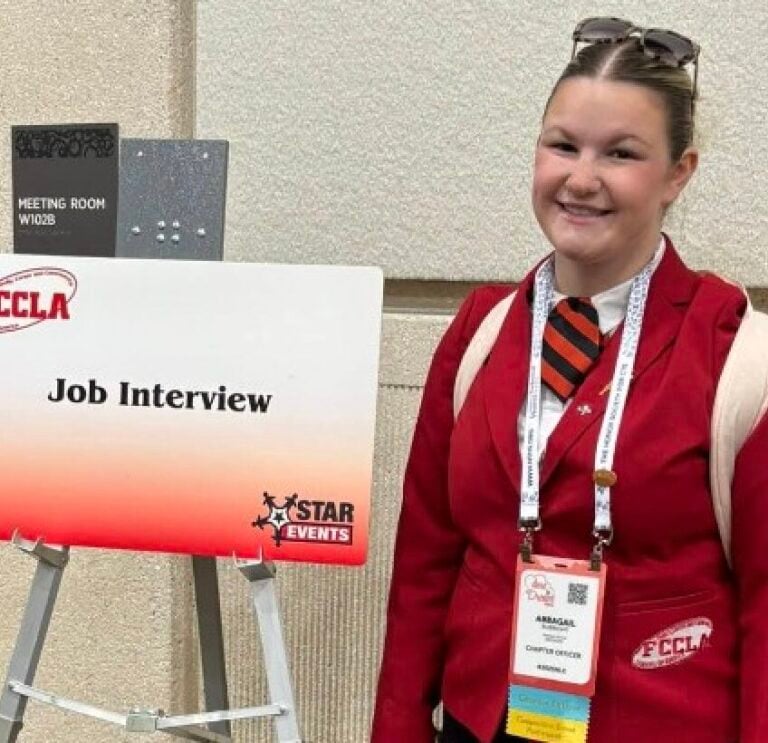It’s that time of year again when millions of people every day are out and about towing boats, jet skis, horse trailers, or travel trailers up and down the highway. As a risk management and safety professional with 30-plus years of experience, it still astonishes me that on any given day anyone can walk into a Lowes, Tractor Supply, RV/camper, or oat dealership, and drive off towing their recent purchase without any proper safety training.
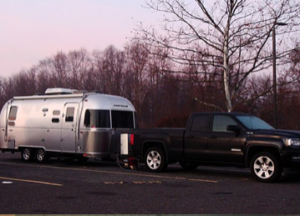
According to the National Highway Traffic Safety Administration (NHTSA), towing-related accidents account for a significant portion of overall road accidents. While precise data on towing accidents can be challenging to obtain, it is estimated that around 30,000 accidents involving trailers occur annually in the United States alone. In fact, according to Ron Melancon a friend of mine who operates the website DangerousTrailersafety.org, over 700 people are killed each year, and over 30,000 are injured by trailers alone.
So, think about this for a minute, if the worst driver that you have ever met, wins the lottery tomorrow and drives down to a boat or RV dealership and drives off the lot two hours later towing a boat or travel trailer weighing 2-3 tons, would you feel safe driving on the same highway? How would you know if that person coming in your direction has only 30 minutes of towing experience? How would you know if he placed the towing hitch on correctly or even the safety chains? Is he using the necessary sway bars, or does he even know how to navigate that upcoming turn correctly?
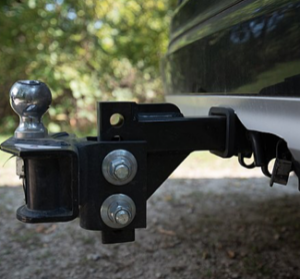
Before writing this article, just for kicks and giggles I called a local RV dealership and asked the salesman on the other end if there were any Kentucky laws for the buyer or the dealership when it comes to towing a camper or driving off the lot with an RV? Their answer was ”No …but if you have a driver’s license, you can drive an RV off the lot that day.”
But he did offer to allow me to drive it around their dealership a couple of times just to get used to it if I didn’t feel safe.
Insurance carriers don’t ask their customers if they have received any training on how to properly tow a camper, boat, or utility trailer, and they just assume that you will eventually figure out how to tow it safely; if not, you have insurance for that.
 Keven Moore works in risk management services. He has a bachelor’s degree from the University of Kentucky, a master’s from Eastern Kentucky University and 25-plus years of experience in the safety and insurance profession. He is also an expert witness. He lives in Lexington with his family and works out of both Lexington and Northern Kentucky. Keven can be reached at kmoore@higusa.com
Keven Moore works in risk management services. He has a bachelor’s degree from the University of Kentucky, a master’s from Eastern Kentucky University and 25-plus years of experience in the safety and insurance profession. He is also an expert witness. He lives in Lexington with his family and works out of both Lexington and Northern Kentucky. Keven can be reached at kmoore@higusa.comThat’s how we all learned; I suspect. The first time I towed a boat to the lake or pulled a trailer in my early 20s, I remember having to mentally slow down and visualize how my father applied a hitch and connect the trailer. At least I had a pretty safety-minded father I could rely on from memory.
But then there was another time on a whim I purchased a 32 ft 1972 Air Steam from a farmer who had it parked out next to the backwoods road that I was traveling on some 25 years ago. As it played out I learned very quickly the need for sway bars when I reached 55 MPH on the BG Parkway. Let me just say that it was a white-knuckling kind of experience that I would never forget, and it took me a lot longer to get home than I had planned. But I did go out and buy a sway bar system that weekend.
Thankfully most of us quickly learn how to tow something behind our vehicle in a safe manner, but with YouTube today at your fingertips, you really don’t have any excuses if you don’t.
It is my opinion that state lawmakers should at a minimum require dealerships or retail establishments, to provide basic safety training on how to hook up a trailer hitch, and then require that the buyer watch a safety video on the limitations of their purchase, how to properly hook up a trailer hitch and how to safely drive while towing either a trailer, boat, or camper. If lawmakers wanted to truly prevent those 700 unnecessary deaths per year, they should require drivers to pass a trailer inspection every 3-4 years and a road test while pulling a trailer. But that would be too much of a big brother move for most people.
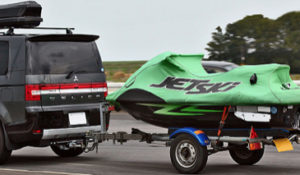
Another point to consider for those of you that don’t own or tow a trailer, boat, or camper; you are in fact still paying for the liability for the rest of us that are. For most auto insurance carriers, the liability for towing something follows the vehicle; so auto owners who tow trailers, boats, or campers are not required to purchase any additional liability coverage. When hauling a trailer, the liability coverage from the vehicle extends over to the trailer in case any damage is caused while being towed. In this scenario, the coverage from your vehicle extends over to the trailer but will not cover the physical damage to the trailer.
The fact is auto insurance carriers are spreading out that multi-million dollars of liability costs to us all, and it is factored into everybody’s annual premium costs. You probably didn’t know that did you?
To be best protected, experts recommend that you carry a separate travel trailer insurance policy. Because there are countless situations that may occur with a trailer, it is not entirely possible to say that your auto insurance policy will provide liability protection if your trailer causes damages or personal injury.
Here are just a few tips to prevent towing accidents.
• Know your vehicle’s towing capacity and do not exceed the vehicle’s towing capacity.
• Use proper hitching and coupling when towing. Ensure that the trailer or boat is securely hitched to your vehicle, using a compatible hitch and coupling system. Double-check the connection before starting your journey and periodically during the trip to ensure it remains secure.
• Properly distribute the weight of your load within the trailer or boat. Place heavier items toward the front, center, and lower portions of the trailer to maintain stability. Avoid overloading the rear of the trailer, as it can cause the vehicle’s front end to lift, compromising steering control.
• Consider investing in sway control devices, such as sway bars or weight distribution hitches to minimize trailer sway by redistributing weight and improving stability.
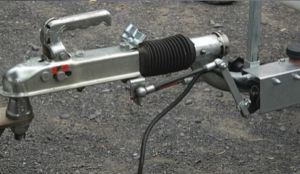
• Keep it slow and steady by reducing your speed and driving at a steady pace, especially when towing heavy loads. Excessive speed increases the likelihood of trailer sway and makes it harder to regain control if it occurs.
• If you’re new to towing, it’s crucial to practice and familiarize yourself with towing techniques before hitting the road.
• Allow for extra braking distance because towing a trailer or boat requires more time to come to a complete stop.
• Be aware of crosswinds because they have a significant impact on towing stability. Be cautious and adjust your driving speed when encountering crosswinds to compensate for potential trailer sway.
• Regularly maintain your vehicle and trailer and inspect and service your vehicle’s brakes, tires, suspension, and lighting systems.
• Remember to stay alert and focused while towing and avoid distractions while towing.
Towing trailers, campers, and boats can provide wonderful opportunities for outdoor adventures. However, it’s vital to understand the statistics surrounding towing accidents and take proactive measures to prevent them. By following these guidelines, knowing your vehicle’s towing capacity, properly distributing weight, and maintaining a safe driving speed, you can minimize the risk of accidents and ensure a safe and enjoyable towing experience. Remember, safety should always be a top priority when embarking on towing adventures.








